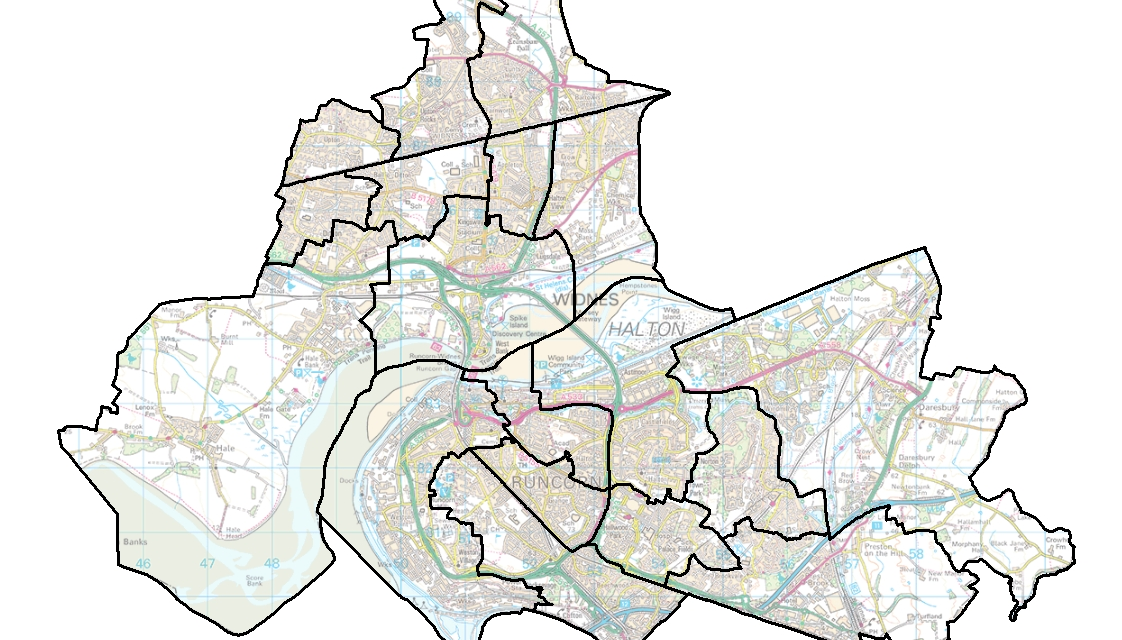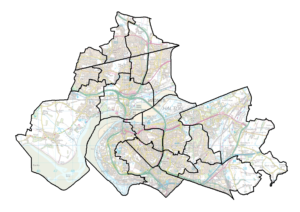The independent Local Government Boundary Commission for England has published its final recommendations for new electoral arrangements for Halton Borough Council.
The publication follows three rounds of public consultation and draws new boundaries for each council ward across Halton.
The boundaries of all Halton’s current council wards will change as a result of the review.
The Commission’s final recommendations propose that Halton should be represented by 54 councillors in the future: two fewer than the current arrangement. The recommendations also propose that those councillors should represent eighteen three-councillor wards.
Professor Colin Mellors, Chair of the Commission, said, “We are extremely grateful to people across the borough who took part in the review. The Commission has looked at all the evidence that was put forward during the consultation.”
In response to local feedback, the Commission made changes to the draft recommendations it first published in December 2018. To the east of Runcorn, the Commission amended its proposals around the Halton Village area and invited local comments on the new proposals in an extra public consultation. Following that consultation, the Commission now confirms those new proposals for a Halton Castle, Halton Lea, Norton North and Norton South & Preston Brook wards as final with some small changes that do not affect any voters.
To the west of the borough, the Commission looked carefully at representations made during consultation on its proposals for a Ditton, Hale Village & Halebank ward. However, it was unable to find an alternative pattern of wards that would deliver fairness for voters as well as avoiding a split of Halebank parish. The Commission has therefore confirmed its draft proposal for the Ditton, Hale Village & Halebank ward as final.
Elsewhere in the borough, the Commission has made minor changes to its draft proposals in response to local views, including changing the names of some proposed wards.
The proposed new arrangements must now be implemented by Parliament. A draft Order – the legal document which brings into force the recommendations – will be laid in Parliament in the coming months. The draft Order provides for the new electoral arrangements to come into force at the council elections in 2020.


